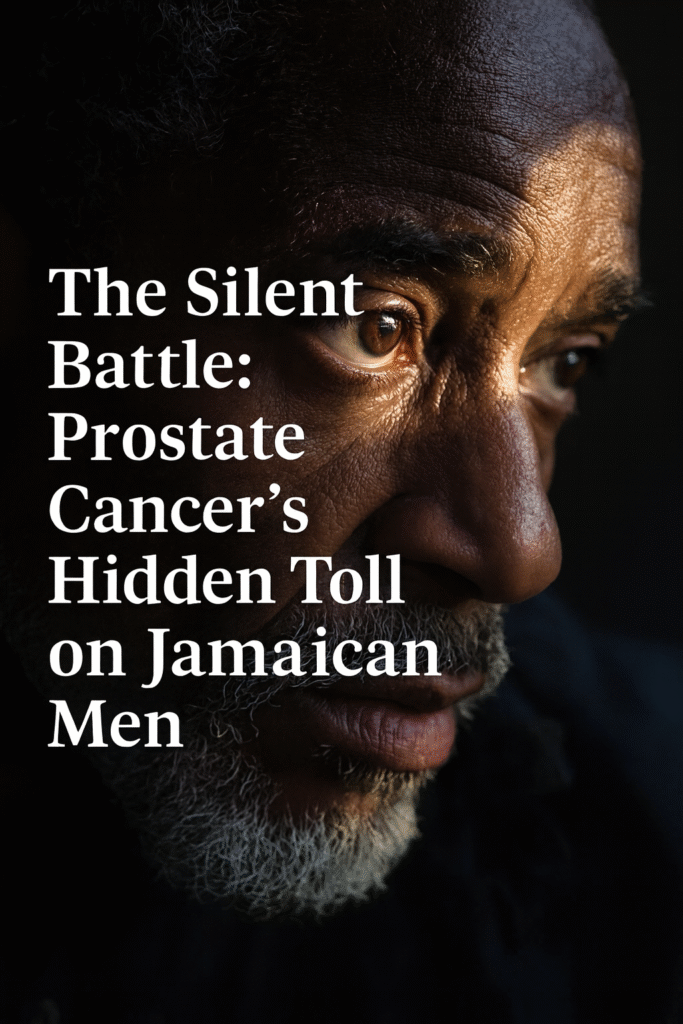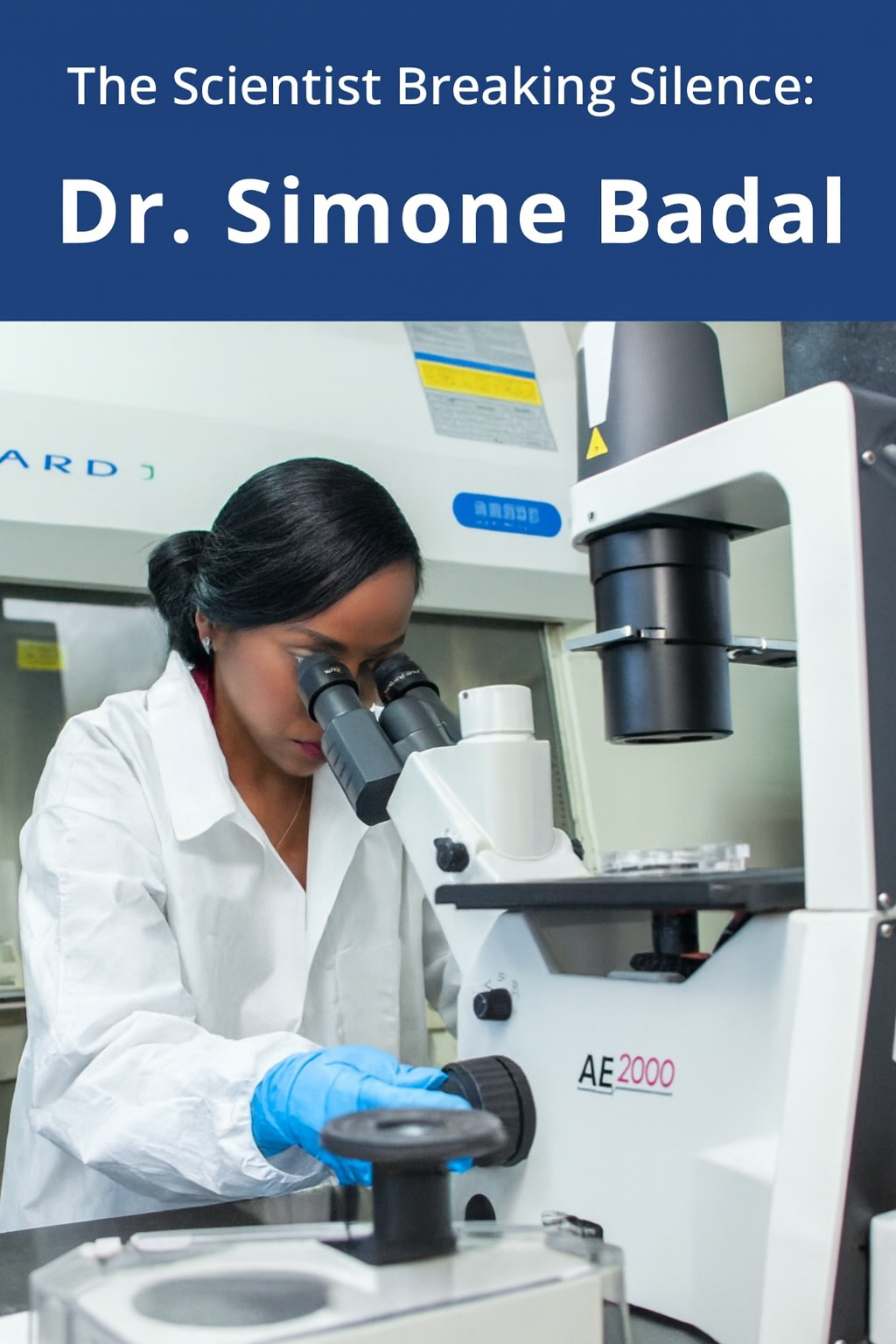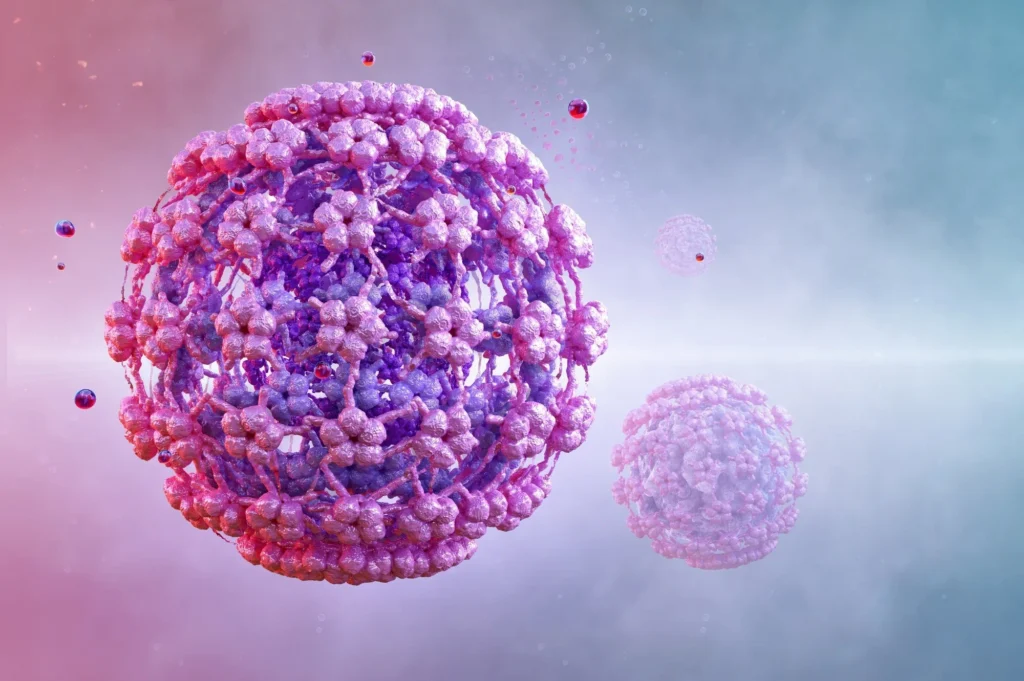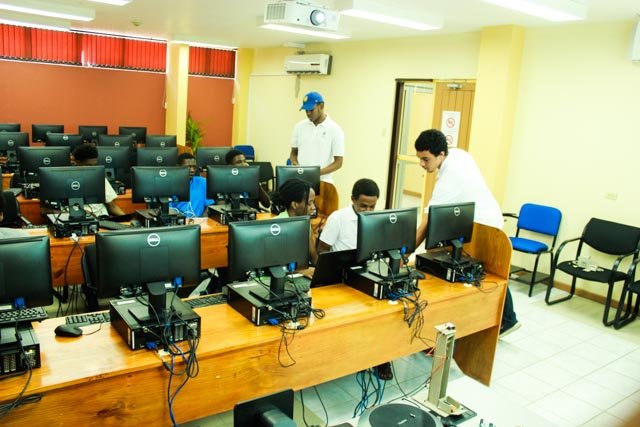by: wakefieldlatoya@gmail.com / October 7, 2025

In Jamaica, strength is often seen as silence — a man’s ability to “hold it down,” no matter what. But when silence surrounds health, it becomes deadly.
Prostate cancer has quietly become the leading cause of cancer-related deaths among Jamaican men, claiming fathers, brothers, and sons often long before their time.
Yet hope is growing inside a laboratory at The University of the West Indies (UWI), Mona, where one woman is rewriting the story.

Meet Dr. Simone Badal, the pioneering biochemist who made history by creating the first Caribbean prostate cancer cell line, named ACRJ-PC28.
This scientific achievement — the first of its kind derived from a Jamaican man’s tissue sample — gives researchers something the world has never had before: a chance to understand how prostate cancer behaves in Black Caribbean men.
For decades, most cancer research has been based on European and North American populations, leaving crucial biological differences unstudied. The result? Treatments that don’t always work as effectively for men of African descent.
“Representation matters — even in science,” says Dr. Badal. “We needed to study ourselves to understand what really works for us.”
Her discovery opens the door to personalized medicine treatments designed specifically for the genetic and biological makeup of Black men. And it’s all happening right here in Jamaica.
For many Jamaican men, the idea of a prostate exam sparks discomfort, laughter, or outright avoidance. It’s a taboo topic — whispered about, joked about, or ignored entirely. Deep cultural beliefs tie masculinity to invincibility, and seeking help especially for something involving private parts is often seen as weakness.
“Men will say, ‘Mi good, mi strong,’ until it’s too late,” one Kingston-based doctor shared. “But by the time the symptoms show up, the cancer has often spread.”

The numbers are grim. Prostate cancer is the number one cancer killer among Jamaican men. Black men are twice as likely to develop prostate cancer as white men. And though early detection could prevent most deaths, screening rates remain dangerously low.
Dr. Badal’s research doesn’t just focus on biology — it also exposes the social barriers keeping men from early detection. The reasons are layered: fear of the rectal exam, misinformation about what screening actually involves, cultural conditioning that tells men “real men don’t go to doctors,” fear of bad news, and limited access to affordable, respectful healthcare.
These factors create a tragic pattern — men avoid checkups, the cancer goes undetected, and by the time they seek help, it’s often too late.
Dr. Badal’s creation of the ACRJ-PC28 cell line is about much more than cells in a dish; it’s a declaration that Caribbean lives deserve Caribbean science. Her work symbolizes independence, representation, and healing. It proves that Jamaica can produce not only world-class athletes and musicians but also world-class scientific innovation.

“The solutions to our biggest health problems can come from us,” she said at UWI’s Research Day. “We don’t have to wait for the world to study us — we can study ourselves.”
With continued funding and awareness, this research could revolutionize how prostate cancer is diagnosed and treated in Jamaica and across the African diaspora.
The fight against prostate cancer isn’t just for doctors or scientists — it’s for every man, and every family who loves one.
Men: get screened annually after age 40, or earlier if prostate cancer runs in your family. Talk openly with your doctor or your partner about your health. Don’t let pride steal your future.
Women: encouragement from wives, sisters, and daughters often makes the difference. A gentle nudge could save a life. Silence is not strength. Checking early is.
For generations, prostate cancer has thrived on silence a silence built on fear and pride. But now, through Dr. Simone Badal’s trailblazing research, Jamaica is turning that silence into science, and that fear into hope.
The change has already begun — in the labs of Mona, and in the hearts of men brave enough to speak, act, and get checked.
Because real strength is not in hiding pain; it’s in facing it — and fighting to live.
